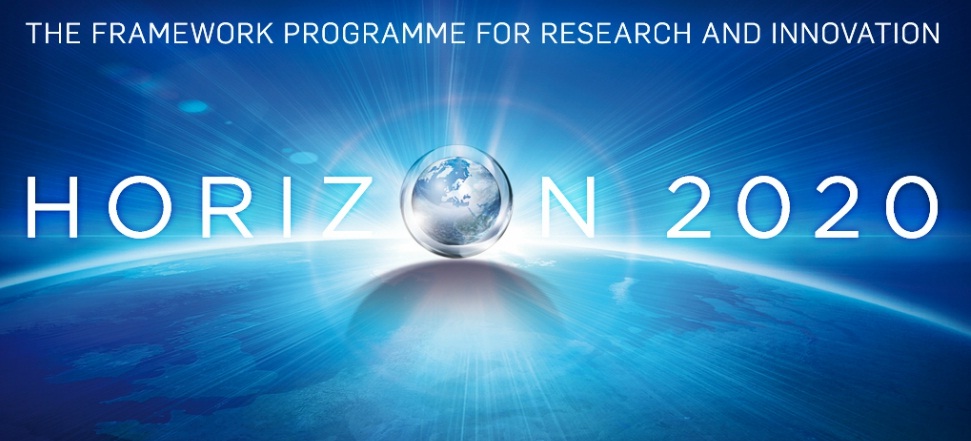The HERCULES-2 Final Meeting & 3rd Partners Forum took place in Augsburg, Germany, on 9-10 October2018, hosted by MAN Energy Solutions. Forty eight delegates from the partners participated. The meeting included an overview presentation of the Project and its results, a Roundup presentation, made by the Project Coordinator as well as Presentations of the final results of each Work Package by all Work Package Leaders. Posters with results from all Work Packages as well as publications of the partners from the project results were presented.
The Programme
HERCULES was conceived in 2002 as a long-term R&D Programme, to develop new technologies for marine engines. It is the outcome of a joint vision by the two major European engine manufacturer Groups MAN & Wärtsilä, which together hold 90% of the world's marine engine market.
Three consecutive projects namely HERCULES - A, -B, -C spanned the years 2004-2014 with a combined budget of 80 M EUR and a total of more than 70 partners. More than 500 scientists and engineers worked in 155 subprojects on engine efficiency, fuel consumption, gaseous and particulate emissions and reliability. These three projects produced exceptional results and received worldwide acclaim.
The project HERCULES-2 is the next phase of the R&D programme HERCULES on large engine technologies. The HERCULES-2 is targeting at a fuel flexible large marine engine, optimally adaptive to its operating environment.
The HERCULES-2 project takes into account: a) the increasing availability of alternative fuels and their potential contribution to the environmental and economic performance of vessels through their use in fuel flexible engines, b) the societal target of economic production of ship propulsion power with near zero emission s, c) the importance of lifetime performance optimization for new and existing ships, in the changing operational environment of global waterborne transport.
The project HERCULES-2 comprises 4 R&D Work Package Groups (WPG):
- WPG I: Fuel flexible engine
- WPG II: New Materials (Applications in engines)
- WPG III: Adaptive Powerplant for Lifetime Performance
- WPG IV: Near-Zero Emissions Engine
The 4 R&D Workpackage Groups (WPG) cover a considerable spectrum of marine engine research and development. The WPG’s are parallel Tracks of continuous R&D activities, which exchange high-level information throughout the Project. Each R&D Workpackage Group consists of a pair of related R&D Work packages (WP), which are the basic building blocks of the project. Each WP is further divided into Subprojects and each Subproject has several Activities.
The Partners are selected based on excellence in their respective field. The Partners work in groups at Subproject level, with specific targets. Work is consolidated into WP’s and reported with written Deliverables or presented as machinery Prototypes and field (shipboard) Demonstrators.
The consortium comprises 32 partners of which 30% are Industrial and 70% are Universities / Research Institutes. The Budget share is 63% Industry and 37% Universities.



















